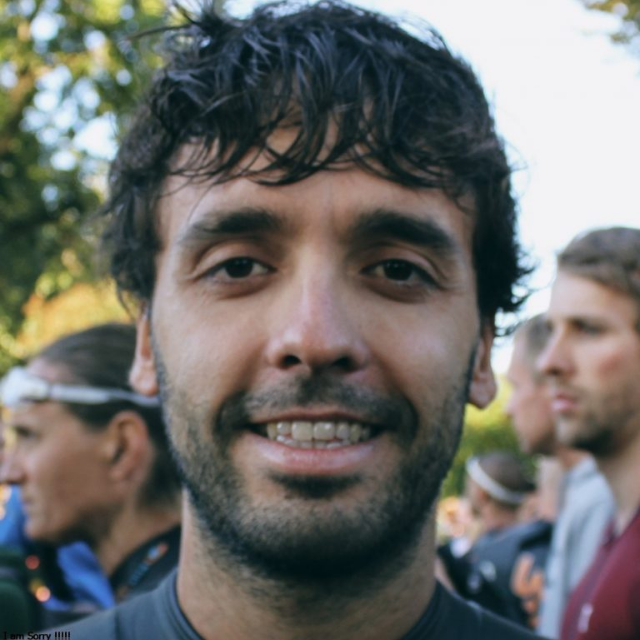With recent advances in tracking and remote sensing technology we have entered a new age of discovery in movement ecology research. Nowadays we are less restricted by data availability than by the challenge of fully analyse massive datasets. This fact has motivated a huge number of studies and enabled the early growth of the field.
However, a comprehensive theoretical basis has yet to mature and lots of questions are still to be addressed. This is especially true in the context of animal search behaviour, where novel insights from random search theory are raising fundamental questions that require hypothesis driven experiments, in which not only the information accessible to animals is controlled but also their internal states and sensory capabilities.
In our lab we approach movement ecology from these principles, bridging random search theory with cutting edge empirical methods. In particular, my research is focused on understanding how Caenorhabditis elegans balances exploitative and explorative strategies while searching, putting special emphasis on identifying which physical mechanisms modulate its motor behaviour and how they are biologically implemented.
BSc. Biology, Universitat Autònoma de Barcelona. MSc. in Marine Sciences, Universitat de Barcelona.
Interests: Movement ecology, search strategies


